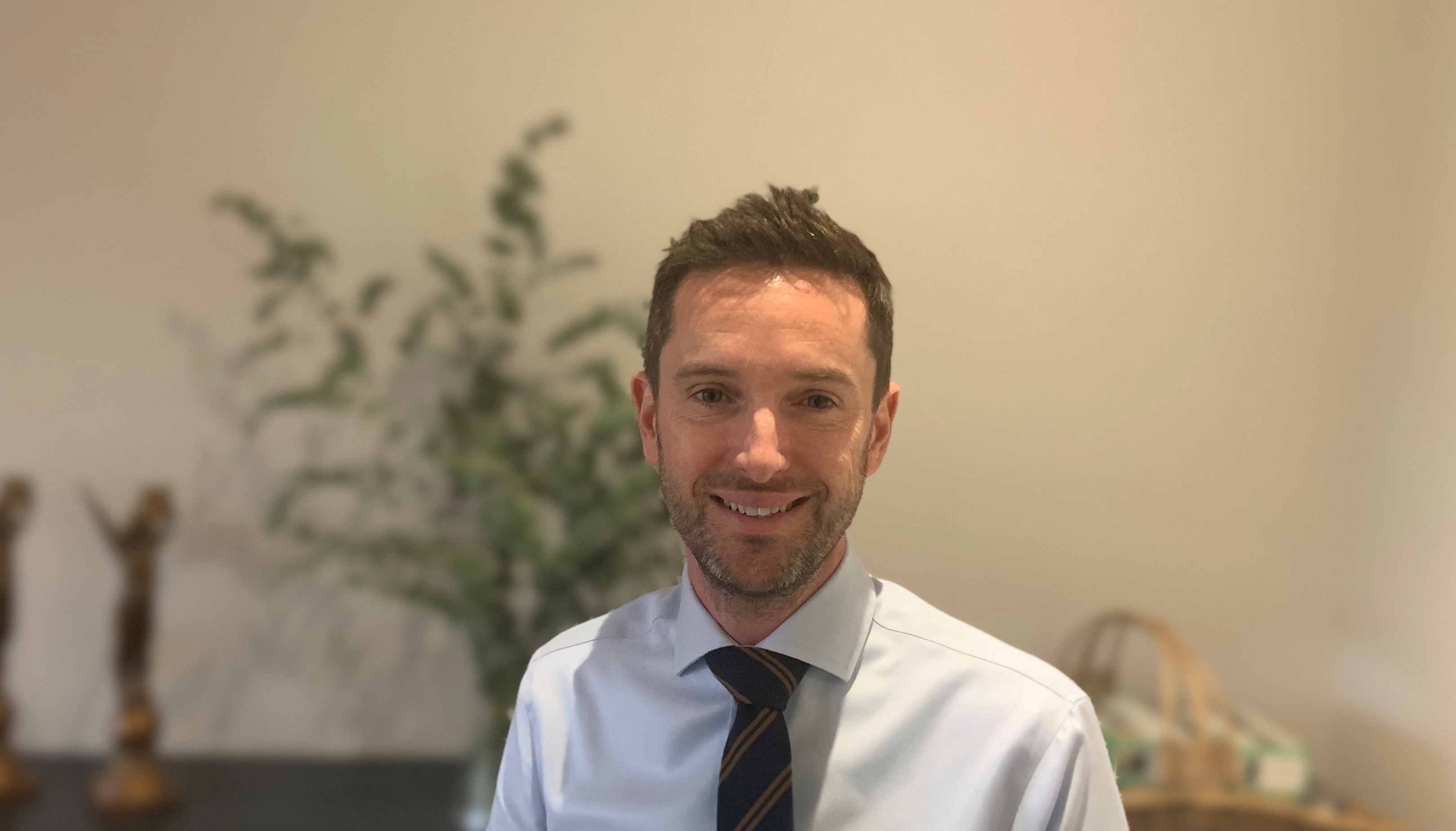How to close a project: what happens to high-performing teams post-delivery?

Ulster University has opened its £350m city centre campus, housing over 15,000 staff and students – the largest city centre campus development in Europe. As well as lecture theatres it contains a host of technology innovations, three gyms, eight cafés and, of course, a student union. In Northern Irish terms, this scale made it a megaproject, requiring a crack team of project and change professionals to come together.
As the post-implementation reviews begin, the people responsible for the delivery of transformation (Ulster University’s Strategic Programme Office, SPO) all find themselves asking: what comes next? Opportunities internally and externally will be explored, but without careful management there is a risk that the team spirit could quickly erode or, worse still, sour.
One prerequisite for people joining the SPO was their commitment to continuous personal development. Several took master’s degrees at the university’s business school; others undertook professional qualifications.
Ironically, you have a team at the top of its game in terms of experience and professional credentials just as your project ends. That makes them hot property.
The university, of course, wants to keep them internally to ensure that the thread of knowledge remains unbroken, but the team members were selected for being high performers and they are rightly ambitious. Hitting difficult deadlines can become all-consuming in the heat of delivery. Life moves fast, and there is no chance to stop and look around. But the question of what happens to high-performing teams in the immediate period post-delivery isn’t often discussed.
Here are my 10 tips on dealing with that challenge:
1. Remember – even change teams don’t like uncertainty! It is important to encourage people to be daring. We tell our colleagues not to be afraid of new challenges: ‘Let’s take our own medicine.’
2. Fluidity in the team is probably the new norm. Get ahead of the game; there is no harm in having contingency plans.
3. If someone asks for certainty, be honest. There isn’t a textbook approach for this stage, but empathy, fairness and integrity are always the place to start. Listen more and talk less.
4. There is still a need to deliver and close out your project in a managed way. Maintain project disciplines even as you cross the finish line.
5. Take the initiative. Talk to people at all levels within the team about their ambitions; make time for those who supported you in achieving success.
6. You can’t predict who will go or where they will go. Encourage open dialogue to minimise surprises.
7. Supplement resource with temporary solutions. Be fair and don’t just expect ‘remainers’ to pick up tasks.
8. Recognise that you are in uncharted territory. Getting people ‘up for it’ after a major success can be tough. Work hard to see things from the individual’s perspective. It is important to tailor your approach for everyone’s circumstances; it’s not a one-size-fits-all solution.
9. If the chance to go to a different organisation is the right fit for a team member, support them. Anything else will come back to bite you. Selfish behaviour is corrosive; never stand in someone’s way. Celebrate their successes even if they are leaving you. If it’s to move onwards and upwards, embrace that.
10. Help your team move forward with confidence. If you think they are stars, chances are, people will be queuing up to meet them.
From my perspective, building and leading the SPO was a privilege.
The team faced down enormous challenges with total commitment and confidence. Any plaudits I received were built on the backs of the many hours and hard miles they put in. With that in mind, I can’t wait to support them as they go on to the next stage of their careers.
I’m really looking forward to seeing where each of their careers go. Some will rise within the university and others will go elsewhere. Finding the right opportunity will help them flourish and I hope our paths continue to cross for many years into the future.


0 comments
Log in to post a comment, or create an account if you don't have one already.